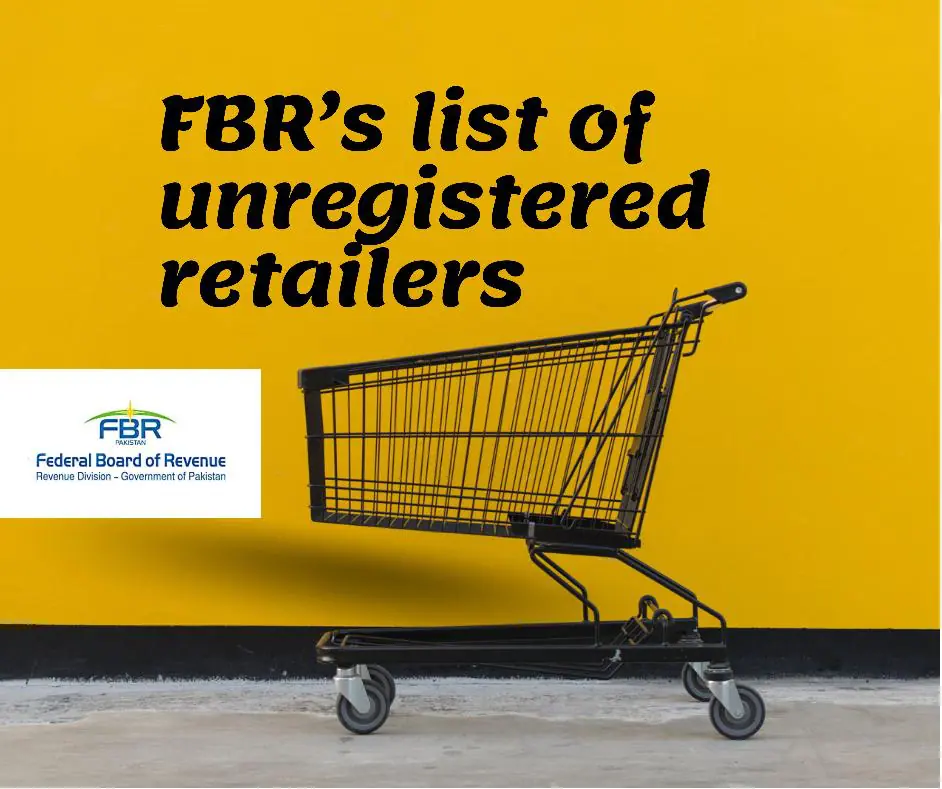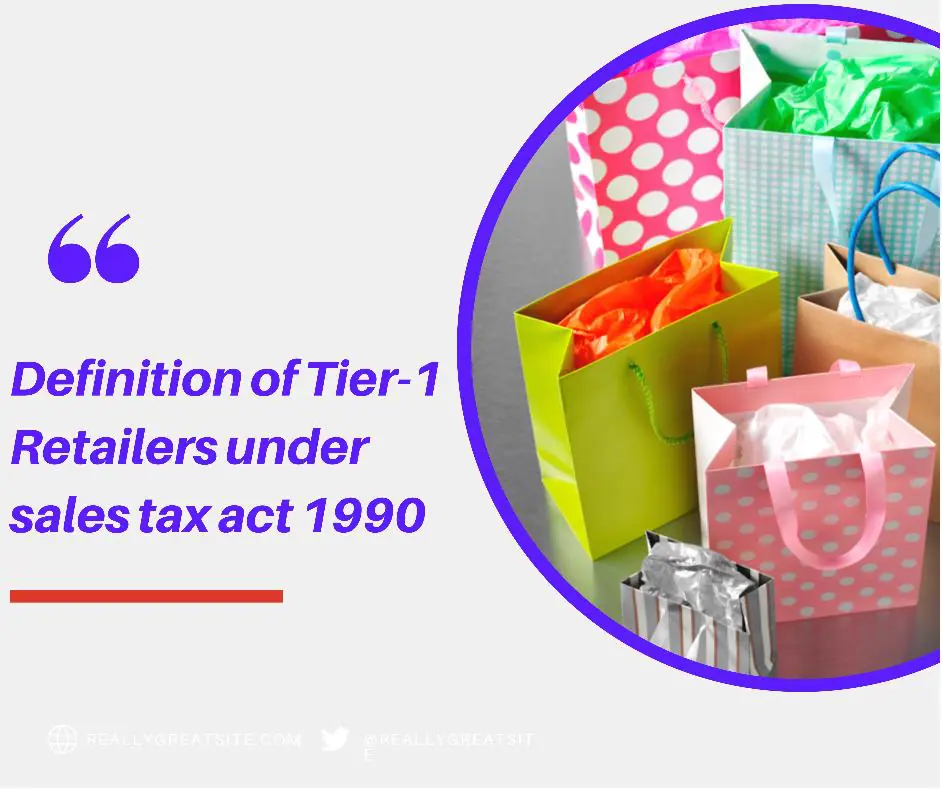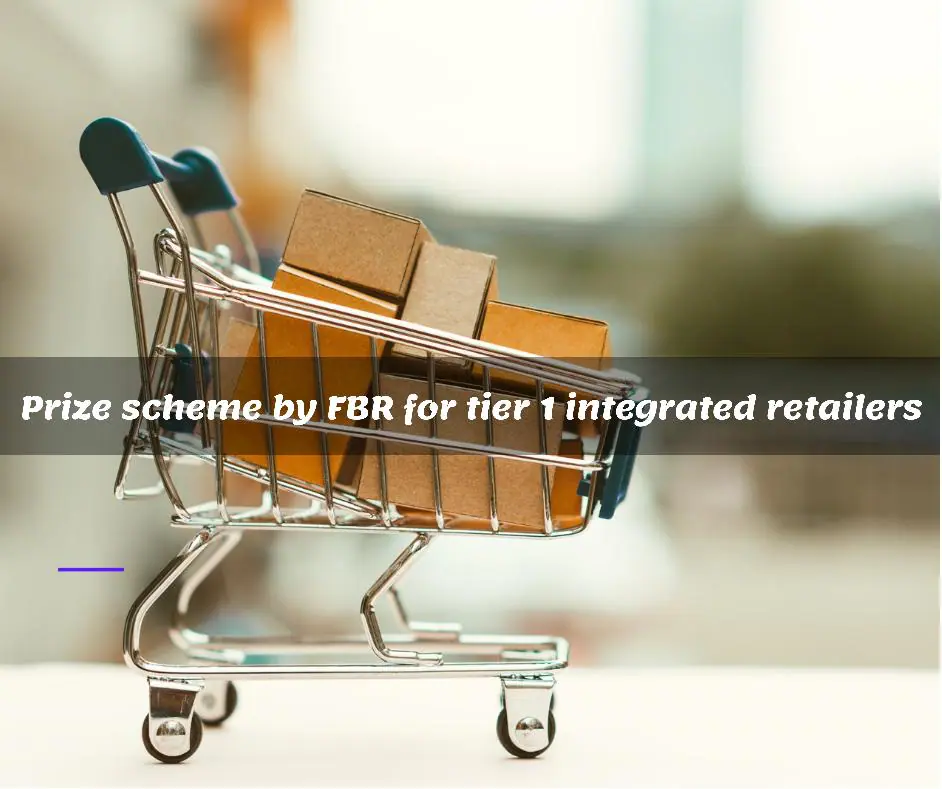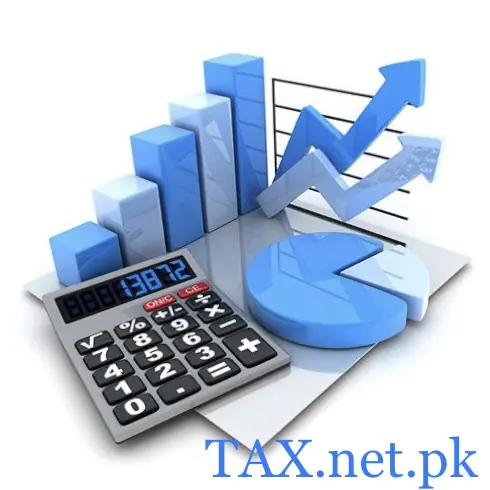FBR directs Tier-1 Retailers to integrate with revenue authority till August 15.
The Federal Board of Revenue (FBR) has advised Tier-1 Retailers to integrate their invoicing systems with the tax Realtime invoicing system of Federal Board of Revenue. FBR has given 15th August, 2021 as deadline for integration with point of sales (POS) system of FBR. If tier-1 retailers fails they will not be allowed credit for input tax equal to 60 per cent, claiming in the sales tax return for the month of July 2021.
For the enforcement of this drive of FBR, to integrate Tier-1 Retailers all the country, has issued Sales Tax General Order No 1 of 2022 by which a system-based approach is being adopted to integrate non-integrated Tier-1 retailers with effect from August 1, 2021.
A list of identified Tier-1 non-integrated retailers has already been placed at FBR’s website. It is important to mention here that if these non-integrated retailers fail to integrate by August 15, 2021, then they will not be allowed credit for input tax.
If, however, a Tier-1 Retailer feels that it is not a Tier-1 Retailer in terms of Section 2(43A) of Sales Tax Act, 1990, it may get itself excluded from the list by applying to the commissioner by August 10, 2021.
The list shall be updated every month and taxpayers (tier1 retailers) who remain in the list shall be considered as non-Integrated Tier-1 Retailers and their input tax to the extent of 60 per cent shall be disallowed as per the provisions of sub-section (9A) of Section 3 of the Sales Tax Act, 1990.
Provisions of the Sales Tax Act, 1990, relating to POS Integration of Tier-1 Retailers
Section 2: Definitions:
2(43A) Tier-1 retailer” means a retailer falling in any one or more of the following categories, namely:
(a) a retailer operating as a unit of a national or international chain of stores;
(b) a retailer operating in an air-conditioned shopping mall, plaza or centre, excluding kiosks;
(c) a retailer whose cumulative electricity bill during the immediately preceding twelve consecutive months exceeds Rupees twelve hundred thousand;
(d) a wholesaler-cum-retailer, engaged in bulk import and supply of consumer goods on wholesale basis to the retailers as well as on retail basis to the general body of the consumers
(e) a retailer, whose shop measures one thousand square feet in area or more; and
(f) any other person or class of persons as prescribed by the Board.
Section 3 : Sub-sections pertaining to Tier-1 and Tier-2 Retailers:
Section 3(9) Notwithstanding anything contained in subsection (1), tax shall be charged from retailers, other than those falling in Tier-1, through their monthly electricity bills, at the rate of five percent where the monthly bill amount does not exceed rupees twenty thousand and at the rate of seven and half per cent where the monthly bill amount exceeds the aforesaid amount, and the electricity supplier shall deposit the amount so collected directly without adjusting against his input tax: Provided that the tax under this sub-section shall be in addition to the tax payable on supply of electricity under sub section (1), (1A) and (5).
Provided further that the Commissioner of Inland Revenue having jurisdiction shall issue order to the electricity supplier regarding exclusion of a person who is either a Tier-1 retailer, or not a retailer.”; and
(9A) Notwithstanding anything contained in this Act, Tier-1 retailers shall pay sales tax at the rate as applicable to the goods sold under relevant provisions of this Act or a notification issued there under:
Provided that the customers of a Tier-1 retailer shall be entitled to receive a cash back of up to five percent of the tax involved, from such date in the manner and to the extent, as may be prescribed by the Board;
Provided further that from such date, and in such mode and manner, as prescribed by the Board, all Tier-1 retailers shall integrate their retail outlets with Board’s computerized system for real-time reporting of sales.
Impact of Non-integration with POS system of FBR:
8B. Adjustable input tax.–
(6) In case a Tier-1 retailer does not integrate his retail outlet in the manner as prescribed under sub-section (9A) of section 3, during a tax period or part thereof, the adjustable input tax for whole of that tax period shall be reduced by 15%.
33. Offences and penalties.
| Any person, who is integrated for monitoring, tracking, reporting or recording of sales, production and similar business transactions with the Board or its computerized system, conducts such transactions in a manner so as to avoid monitoring, tracking, reporting or recording of such transactions, or issues an invoice which does not carry the prescribed invoice number or barcode or bears duplicate invoice number or counterfeit barcode; or any person who abets commissioning of such offence. | Such person shall pay a penalty of five hundred thousand rupees or two hundred per cent of the amount of tax involved, whichever is higher. He shall, further be liable, upon conviction by a Special Judge, to simple imprisonment for a term which may extend to two years, or with additional fine which may extend to two million rupees, or with both. Any person who abets commissioning of such offence, shall be liable, upon conviction by a Special Judge, to simple imprisonment for a term which may extend to one year, or with additional fine which may extend to two hundred thousand rupees, or with both. | Sub-section (9A) of section 3 and section 40C. |
| Any person, who is required to integrate his business for monitoring, tracking, reporting or recording of sales, production and similar business transactions with the Board or its computerized system, fails to get himself registered under the Act, and if registered, fails to integrate in the manner as required under law. | Such person shall be liable to pay a penalty up to one million rupees, and if continues to commit the same offence after a period of six months after imposition of penalty as aforesaid, his business premises shall be sealed and an embargo shall be placed on his sales. | Sub-section (9A) of section 3 and section 40C |
Section 40C. Monitoring or Tracking by Electronic or other means.
(1) Subject to such conditions, restrictions, and procedures, as it may being fit to impose or specified, the Board may, by notification in the official Gazette, specify any registered person or class of registered persons or any good or class of goods in respect of which monitoring or tracking of production, sales, clearances, stocks or any other related activity may be implemented through electronic or other means as may be prescribed
(2) From such date as may be prescribed by the Board, no taxable goods shall be removed or sold by the manufacturer or any other person without affixing tax stamp, bandrole stickers, labels, barcodes, etc. in any such form, style and manner as may be prescribed by the Board in this behalf.
(3) Such tax stamps, banderols, stickers, labels, barcodes etc., shall be acquired by the registered person referred to in sub-section (2) from a licensee appointed by the Board for the purpose, against price approved by the Board, which shall include the cost of equipment installed by such licensee in the premises of the said registered person.
POS System Integrated with FBR – S.R.O – 1006(I)/2021 (Format of Sales Tax Invoice)
SRO 1006(I)/2021.—In exercise of the powers conferred by the first proviso to sub-section (1) of section 23 of the Sales Tax Act 1990, the Federal Board of Revenue is pleased to specify as under a standardized format for invoices issued under sub-rules (5) and (6) of rule 150ZEB of the Sales Tax Rules 2006, namely:-
The following information interalia is required to be clearly printed on every invoice issued through all Point of Sale (PoS) systems integrated with FBR, namely:-
(A) Business information:-
business name or brand name;
complete address of the business location;
FBR’s Sales Tax Registration Number (STRN) and National Tax Number (NTN);
name of the Tax Office / Formation, the business is registered at; and
unique PoS registration number;
(B) Invoice details:-
unique sequential invoice number;
date and time of sale;
mode of payment (cash, credit or debit card, cheque or gift vouchers); and
optional for business to business (B2B): Name of the buyer / customer / service recipient.
(Name is recorded when the customer is liable for the tax or credit or invoice value is
above Rs.100,000/-);
(C) Transaction details:-
(i) item-wise description of goods or service and (unit) price exclusive of tax;
(fi) tax rate for each item (item wise breakdown of tax rate. Apply 0% if an item is exempt);
(Hi) item-wise quantity of goods;
(iv) tax amount;
total sale value;
tax charged on the invoice;
discounts, if any;
PoS service fee of Re.1/- per invoice;
total payable amount; and
total received amount; and
(D) FBR details:-
FBR fiscal invoice number (XXXXXX-DDMMYYHHMMSS-0001);
logo of FBR’s PoS invoicing system;
(Hi) verifiable QR code. dimensions: 7X7MM; and
(iv) statement in legible font and size: “Verify this invoice through FBR Tax Asaan Mobile
App or SMS at 9966 and win exciting prizes in draw”.
Retailers Tier-1 | Tier-2 Retailers | Penalty | Deadline | Sales Tax Input | Point of Sales | List of Tier-1 Retailers | FBR | Federal Board of Revenue | IRS | Online Income Tax Returns | Format of Invoice |










1 Comment